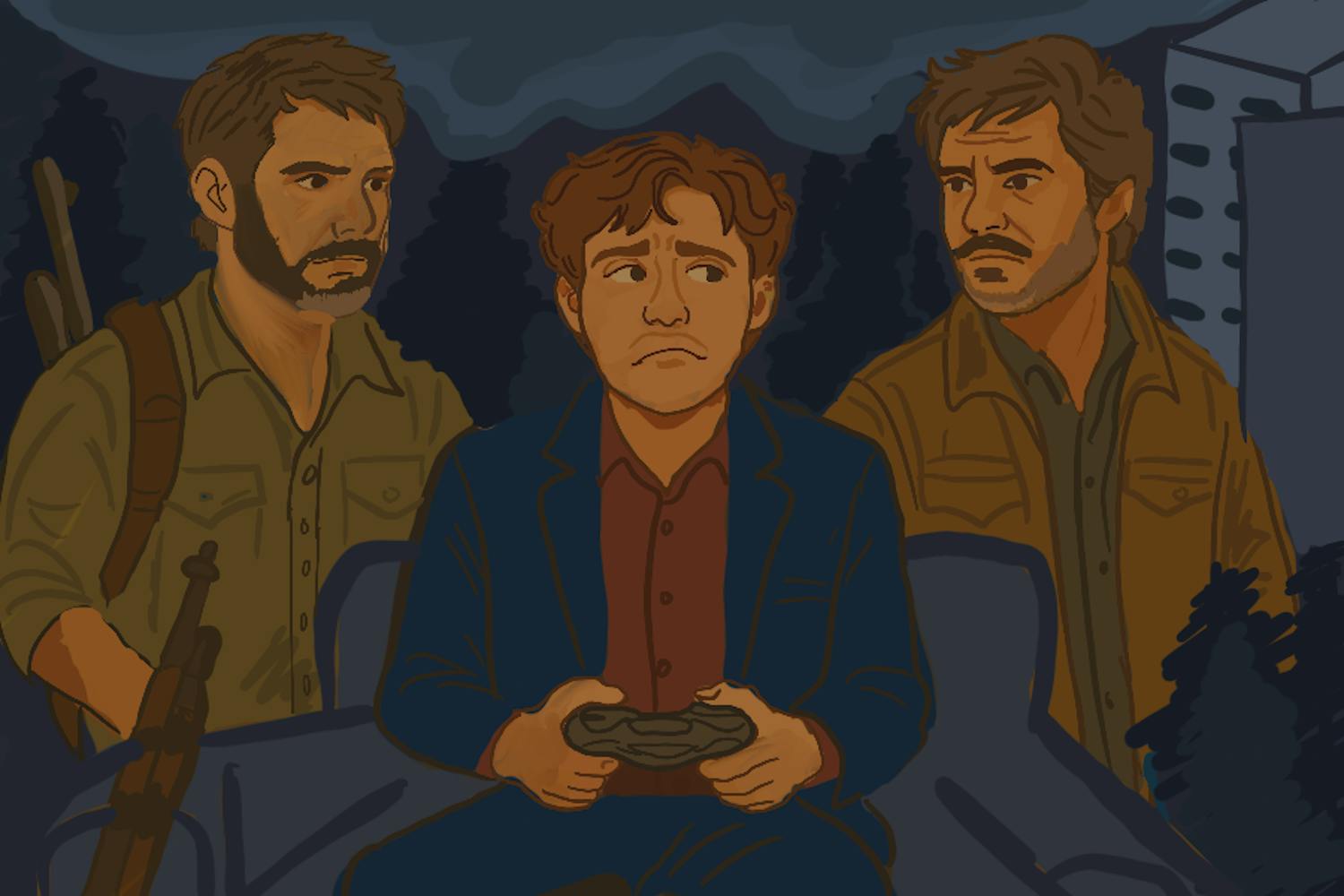Gender inequality is a topic that comes up in video games quite often, because female representation is low.
It is almost always discussed when developers fail to present women in strong roles that don’t come off as being overly sexualized or misogynistic. To be fair to the gaming industry, this is a problem that all forms of media have struggled with over the years. The old stand-by used to be that the target demographic for corporate America was the white male, ages 18 to 34. But a 2012 breakdown on genders in the gaming audience by the Entertainment Software Association reports that the number of female game players is at 45 percent. Therefore, it's safe to say that the percentage of male to female gamers is now closer to 50/50.
Two of last year’s best video games, “BioShock Infinite” and “The Last of Us,” featured amazing story, gameplay and graphics. “The Last of Us,” which tells a heartbreaking story that hits home for those with children, snagged awards left and right. It is one of the finest games of this generation. Yet, Elizabeth from “BioShock Infinite” and Ellie from “The Last of Us” are relegated to second-class citizen status when they're escorted through these games by their respective leading men — curiously both voice-acted by the same man, Troy Baker.
The stories in these games are about escorting Elizabeth and Ellie to safety, but why couldn’t a woman be in the leading role? Spoiler alert: “The Last of Us” does allow the player to take control of Ellie, which is one of the finest sections of the game. This ability goes away when she's overcome by an assailant who appears to be on the verge of sexually assaulting her. It is the one cringeworthy moment in an otherwise brilliant game, and it seems unnecessary. However, developer Naughty Dog does put the player in charge of Ellie in “Left Behind,” the recent add-on for “The Last of Us.”
Mike Bithell is developing “Volume,” a game that is a re-imagining of Robin Hood in a setting similar to “TRON.” He told Polygon that his original intention was to feature a female protagonist.
“As I zeroed in on Robin Hood, and specifically to adapting Robin Hood, I increasingly realized my main character had to be male,” Bithell said. “My hope is that this is a different kind of male protagonist.”
The reaction to his proclamation was mixed. Commenters and Twitter users argued for his creative choice and against, especially in light of the fact he chose to include a female character that is playable upon completion of the game, but is not in the primary game because of the story. It is his choice and he makes a well-reasoned argument as to why he made the decision. Capcom on the other hand appears to just be lazy in their decision to exclude females from their upcoming co-operative multiplayer game, “Deep Down.”
Kazunori Sugiura, producer of “Deep Down,” shared in a live stream event that there are no playable female characters because they don't relate to the game's story. This decision drew the ire of the gaming community, especially VG24/7’s Brenna Hillier, who wrote a scathing opinion editorial calling Capcom’s decision, “Preposterous!” Whether it’s a lack of creativity in writing a story with female protagonists, or outright laziness, Hillier’s assessment goes for the jugular in a fantastic way.
Japanese video game development has long been mired in over-sexualization. A large part of that is cultural difference. It is simply more acceptable in Japan for female characters to be obnoxiously proportioned as in “Dragon’s Crown,” where the females feature breasts larger than their heads, or the upcoming sequel to Hideo Kojima’s highly regarded “Metal Gear Solid 5,” which features a female sniper in a bikini. Incidentally, the primary designer of “Dragon’s Crown” apologized for his exaggerated character designs, calling them “light-hearted fantasy.”
Ultimately, the topic will continue to come up over and over again until game developers understand that 50 percent of their patrons are female. Developers need to exert more creativity and frankly, common sense.
Get with the times and create more strong female protagonists like the revamped Lara Croft in the recent “Tomb Raider.” While you’re at it, let’s get some racial and LGBT diversity in gaming, too.
Reach the reporter at michael.jerome.martin@asu.edu or follow him on Twitter @NefariousMike



